Categories
Top Posts

Legal Services
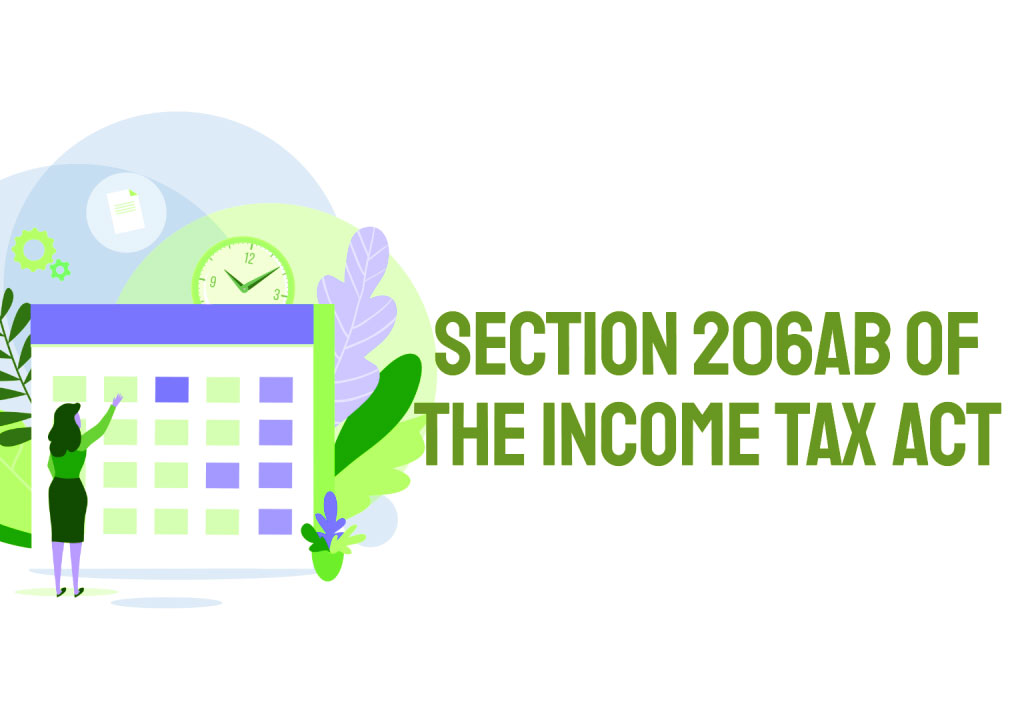
Taxpayers

GST Return Filing
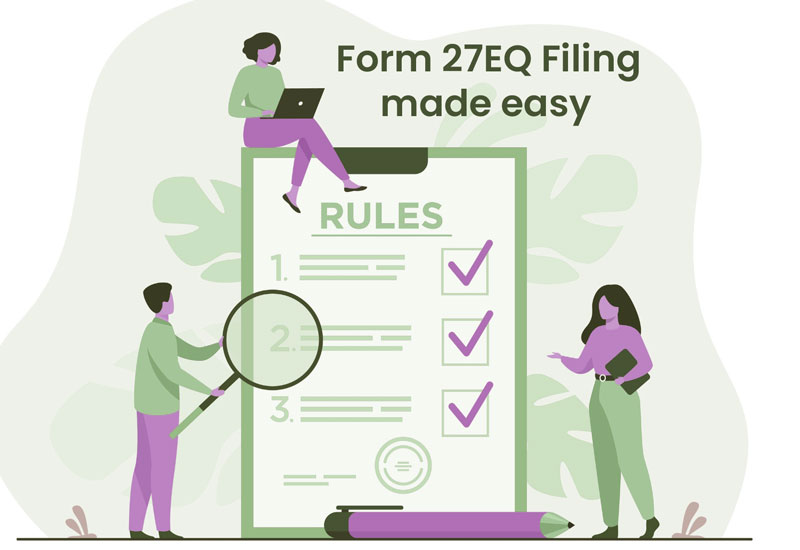
Legal Services

Legal Services

GST Registration

Taxpayers

Legal Services

Legal Services
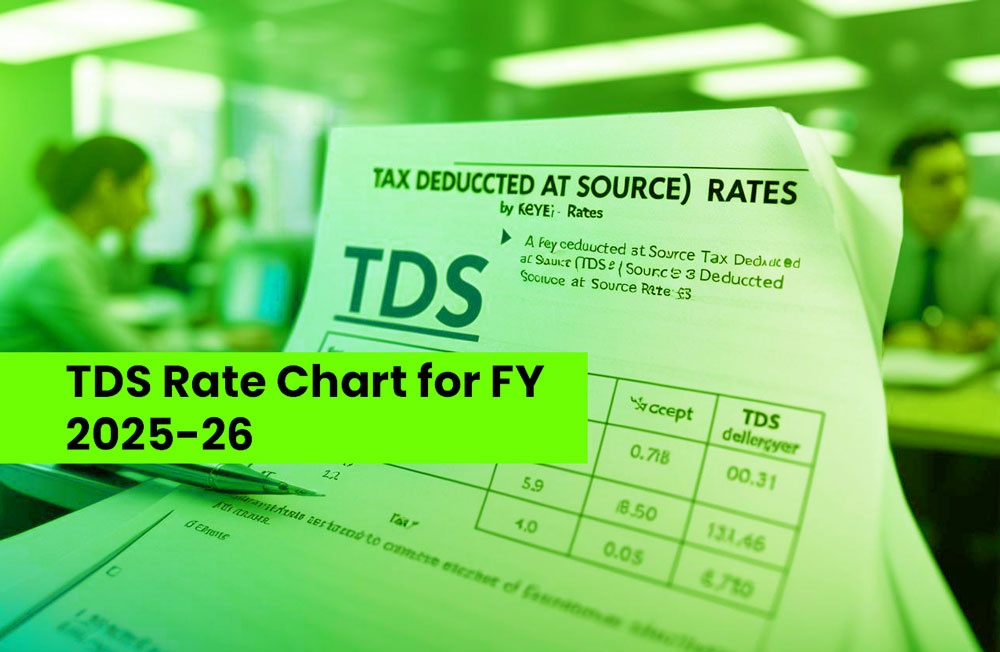
Taxpayers

Legal Services
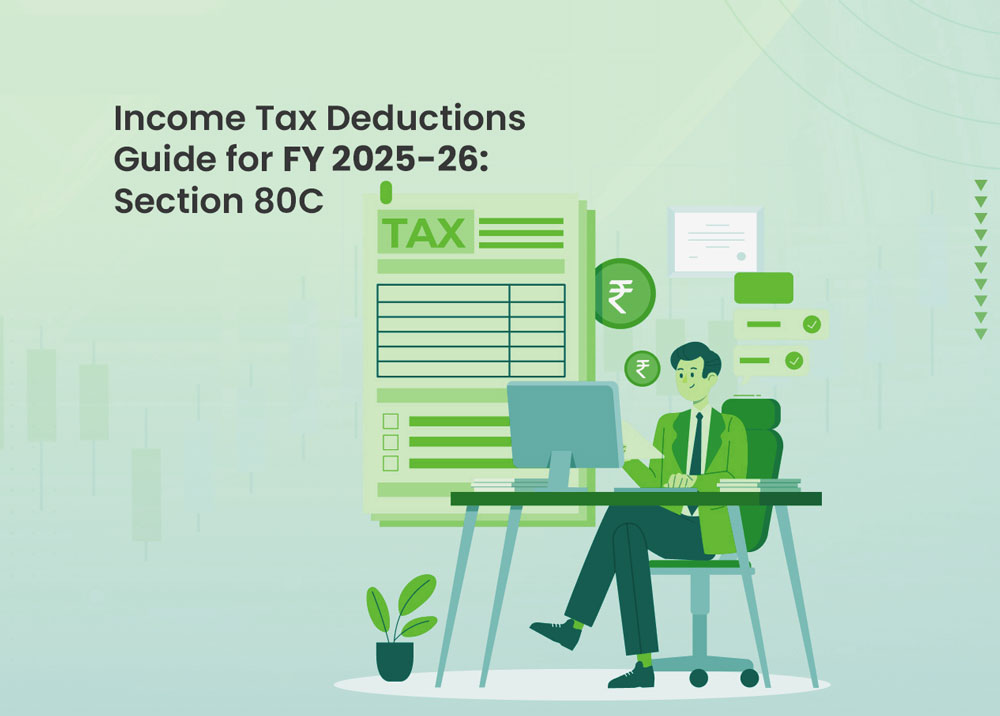
Taxpayers

Legal Services
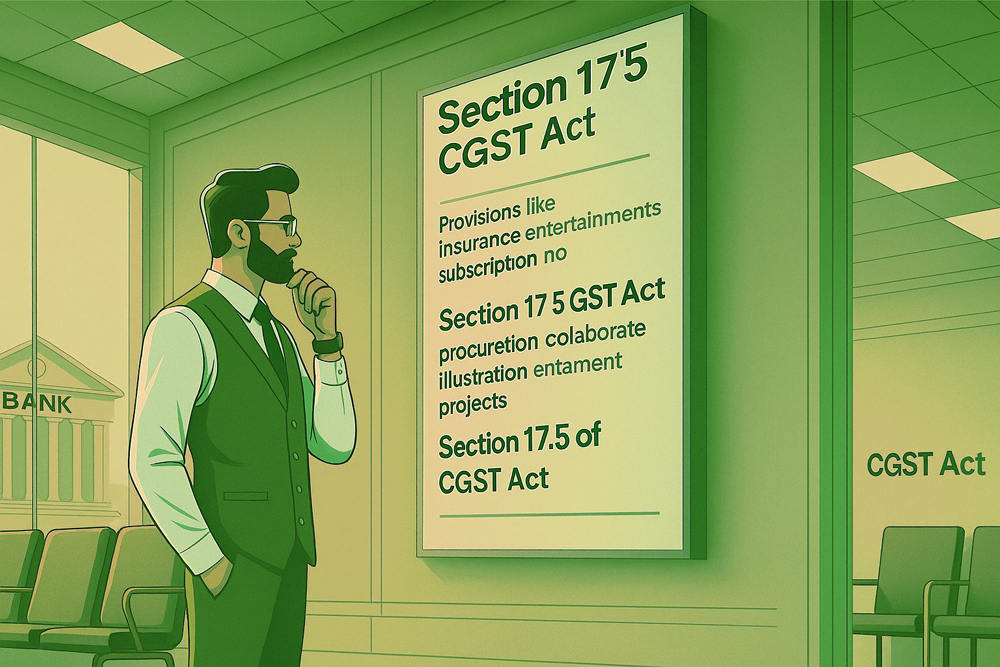
GST Registration
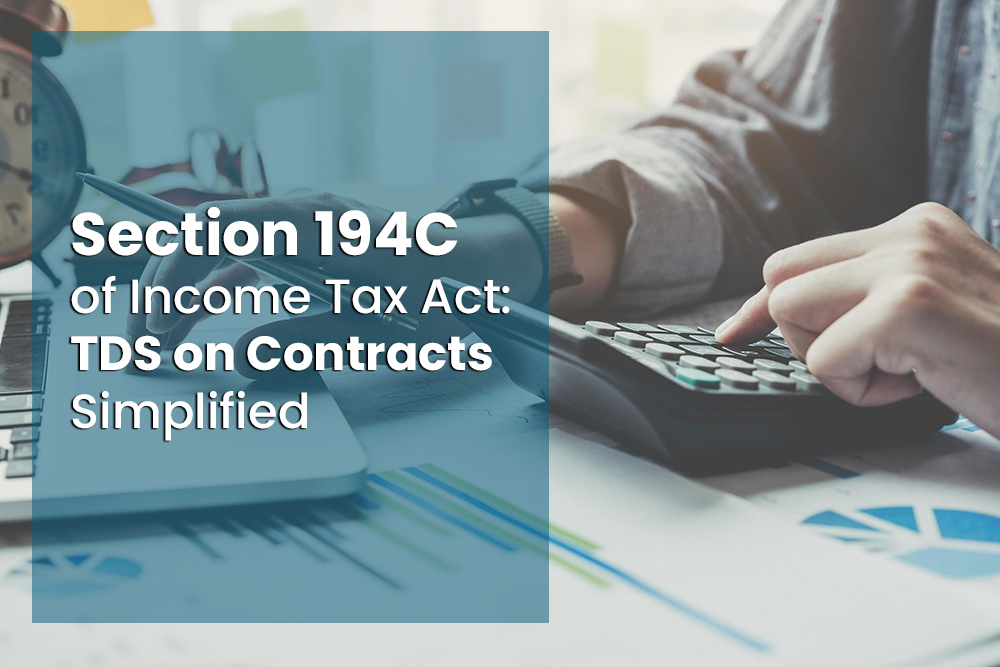
Taxpayers

Legal Services

Legal Services

Legal Services

Legal Services

Legal Services

EPR Management

EPR Management

Legal Services

Legal Services
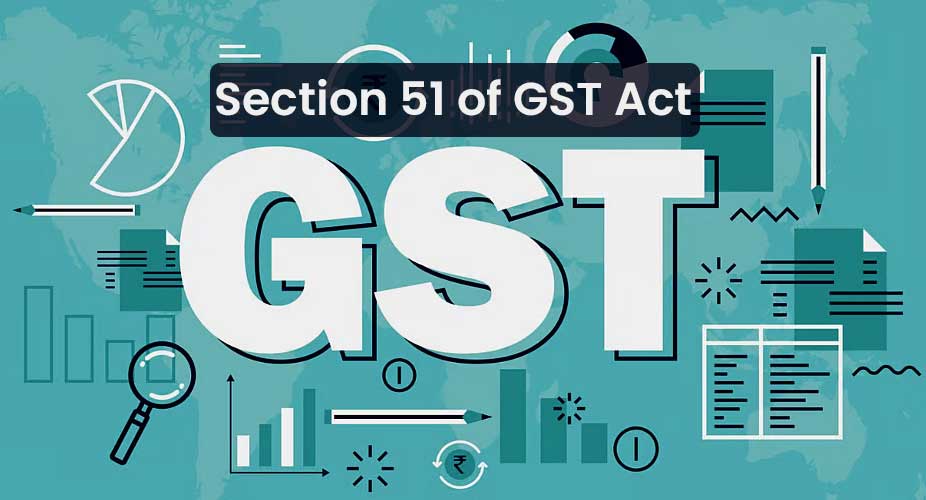
Taxpayers

Social Audit

Taxpayers

GST Return Filing

Legal Services
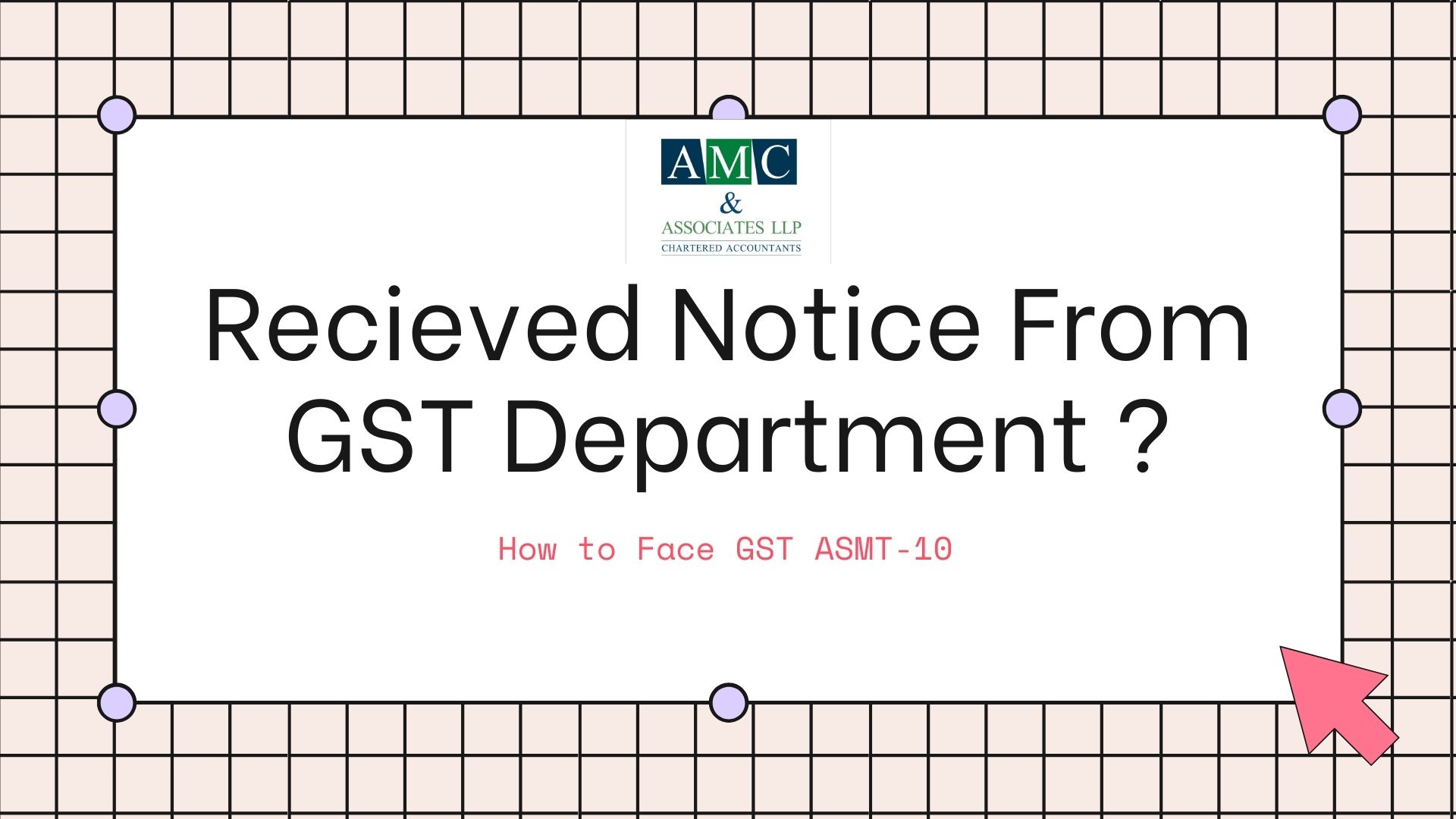
Legal Services

Legal Services

GST Return Filing

GST Registration

Legal Services

GST Return Filing
Posted: 5 years ago
GST return is a document that will contain all the details of your sales, purchases, tax collected on sales (output tax), and tax paid on purchases (input tax). Once you file GST returns, you will need to pay the resulting tax liability (money that you owe the government).
Before going into the process of GST filing, it is important to understand what GST return means for business owners and service providers. GST returns essentially stands for filing of all GST. Every individual who is covered under the GST Act must produce their income to the Tax Department of India. This is known as return and it includes details of every sale and purchase.
Every business entity which has been registered under the GST Act has to be filed the following GST Return on or before specified due dates:
GSTR-1: Monthly
• Details of outward supplies of taxable goods and/or services affected.
• Due date of GSTR-1 is 11th of the next month with effect from October 2018.
GSTR-3B: Monthly
• Simple Return in which summary of outward supplies along with Input Tax Credit is declared and payment of tax is affected by the taxpayer.
• Due date of GSTR-3B is 20th of the next month.
GSTR-4: Quarterly
• Return for a taxpayer registered under the composition levy.
• Due date of GSTR-4 18th of the month succeeding quarter.
GSTR-5: Monthly
• Return for a Non-Resident foreign taxable person.
• Due date of GSTR-4 is 20th of the next month.
GSTR-9: Annually
• Annual Return for a Normal Taxpayer
• Due date of GSTR-9 is 31st December of next financial year*
GSTR-9C: Annually
• Annual Return a taxpayer registered under the composition levy anytime during the year
• Due date of GSTR-9 is 31st December of next financial year*
